HRW: Special chapter on Serbia
Human Rights Watch has dedicated a separate chapter to Serbia and human rights in Kosovo in its 2009 report.
Thursday, 15.01.2009.
10:34

Human Rights Watch has dedicated a separate chapter to Serbia and human rights in Kosovo in its 2009 report. It states that Kosovo’s unilateral declaration of independence “triggered public anger“ in Serbia. “Albanians suffered attacks of harassment and intimidation, many involved the smashing of windows of business and homes, as well as attempted arson, the spraying of hate graffiti,“ the report adds. HRW: Special chapter on Serbia The authorities’ response is said to have been inadequate and that the police “were more active in safeguarding minority-owned businesses after the attacks than during a similar wave of attacks in 2003 and 2004, but they failed to take pre-emptive action to protect minority homes and businesses and generally failed to identify the perpetrators, even when police were present during attacks." “The formation in June of a new coalition government produced dramatic results on war crimes, with the arrest of Radovan Karadzic and his transfer to the International Criminal Tribunal for the Former Yugoslavia. But the government failed to arrest Ratko Mladic,“ states the lengthy chapter on Serbia and Kosovo. HRW says that the Roma community in Serbia continues to be “sensitive“, and that human rights campaigners and journalists are under “renewed pressure“, stating that War Crimes Prosecutor Vladimir Vukcevic continues to receive death threats after the arrests of Karadzic and fellow Hague accused Stojan Zupljanin. The organization says that the Roma minority is still suffering “discrimination and economic and political marginilization.“ HRW says that “there was little progress in finding durable solutions for the more than 200,000 internally displaced persons and almost 100,000 refugees in Serbia.“ As far as the media is concerned, the organization highlights threats against journalists and editors, as well as the case of the assault of a Beta journalist and B92 cameramen during the demonstrations in Belgrade in July. On the subject of Kosovo, the NGO states that there have been “no visible improvements to human rights conditions.“ “The weak criminal justice system frustrates efforts to tackle impunity for ethnic violence and other serious crimes. Minorities face continued violence and discrimination. Few displaced persons and refugees returned to their homes, even as forced returns from Western Europe increased,“ the report points out. HRW adds that “uncertainty over the status of UNMIK and successor EU missions hindered their effectiveness.“
HRW: Special chapter on Serbia
The authorities’ response is said to have been inadequate and that the police “were more active in safeguarding minority-owned businesses after the attacks than during a similar wave of attacks in 2003 and 2004, but they failed to take pre-emptive action to protect minority homes and businesses and generally failed to identify the perpetrators, even when police were present during attacks."“The formation in June of a new coalition government produced dramatic results on war crimes, with the arrest of Radovan Karadžić and his transfer to the International Criminal Tribunal for the Former Yugoslavia. But the government failed to arrest Ratko Mladić,“ states the lengthy chapter on Serbia and Kosovo.
HRW says that the Roma community in Serbia continues to be “sensitive“, and that human rights campaigners and journalists are under “renewed pressure“, stating that War Crimes Prosecutor Vladimir Vukčević continues to receive death threats after the arrests of Karadžić and fellow Hague accused Stojan Župljanin.
The organization says that the Roma minority is still suffering “discrimination and economic and political marginilization.“
HRW says that “there was little progress in finding durable solutions for the more than 200,000 internally displaced persons and almost 100,000 refugees in Serbia.“
As far as the media is concerned, the organization highlights threats against journalists and editors, as well as the case of the assault of a Beta journalist and B92 cameramen during the demonstrations in Belgrade in July.
On the subject of Kosovo, the NGO states that there have been “no visible improvements to human rights conditions.“
“The weak criminal justice system frustrates efforts to tackle impunity for ethnic violence and other serious crimes. Minorities face continued violence and discrimination. Few displaced persons and refugees returned to their homes, even as forced returns from Western Europe increased,“ the report points out.
HRW adds that “uncertainty over the status of UNMIK and successor EU missions hindered their effectiveness.“










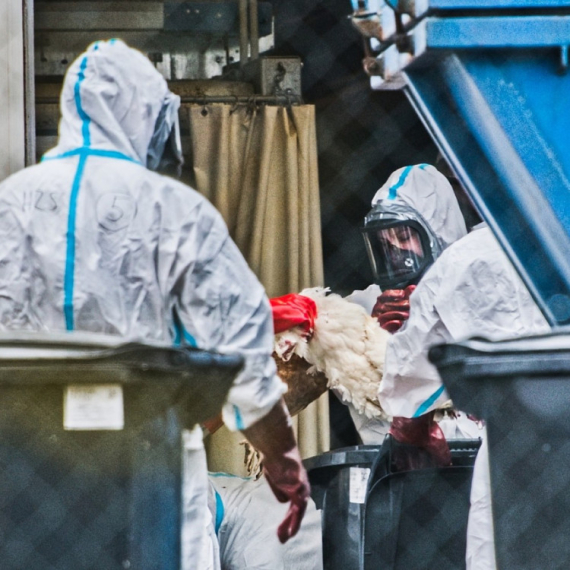


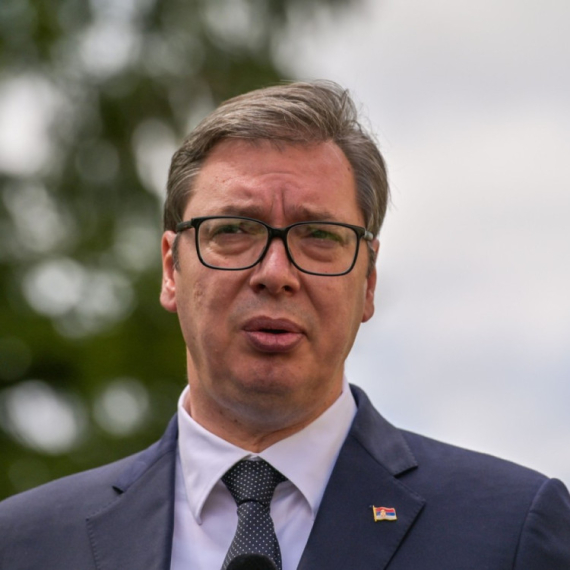
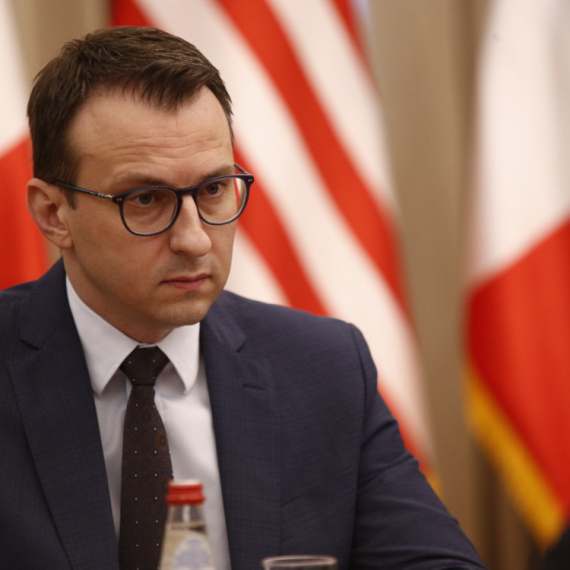
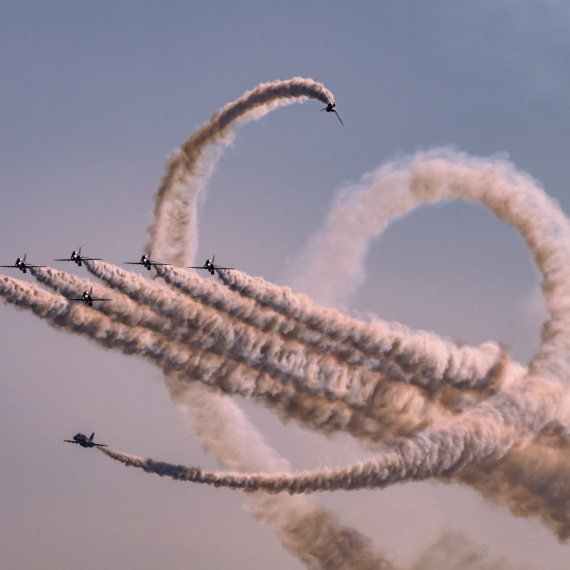

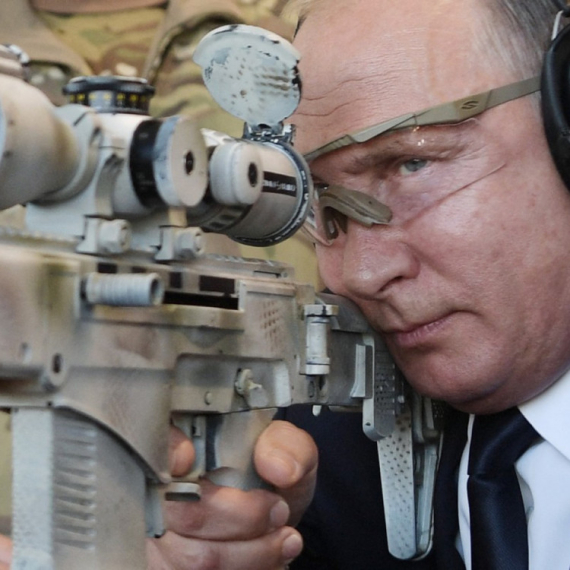

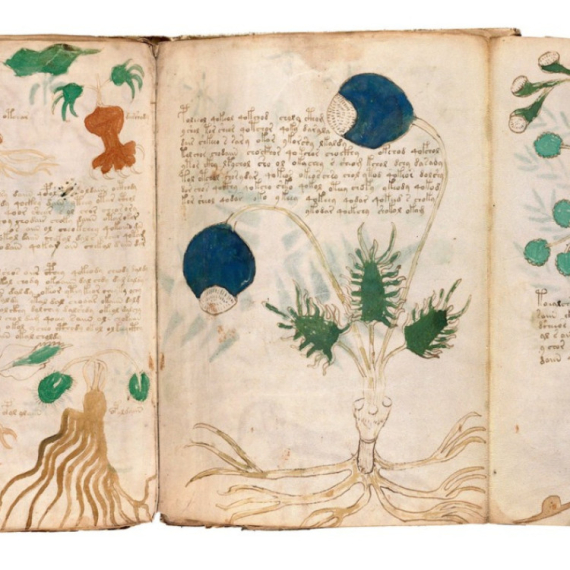

































Komentari 14
Pogledaj komentare